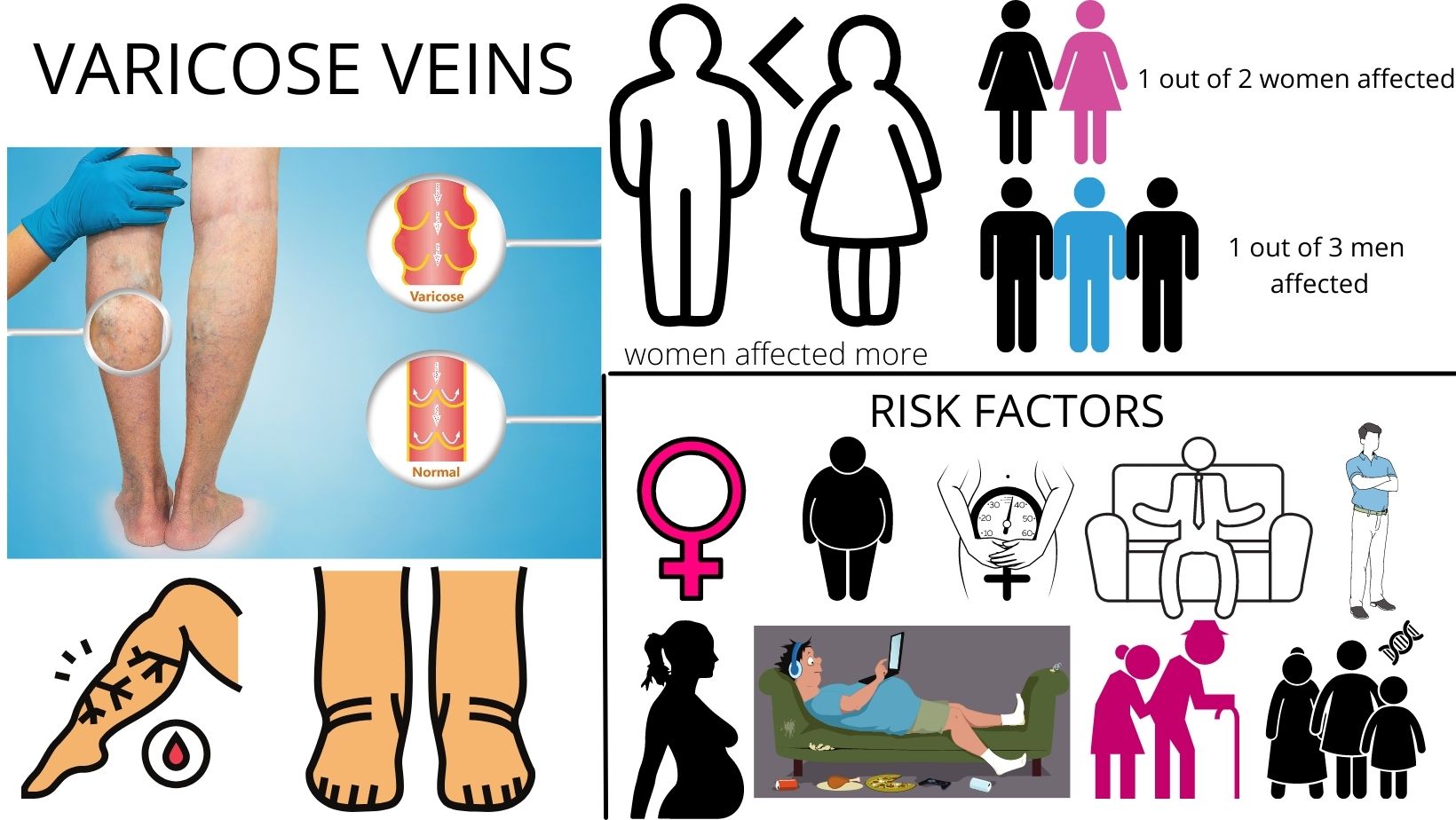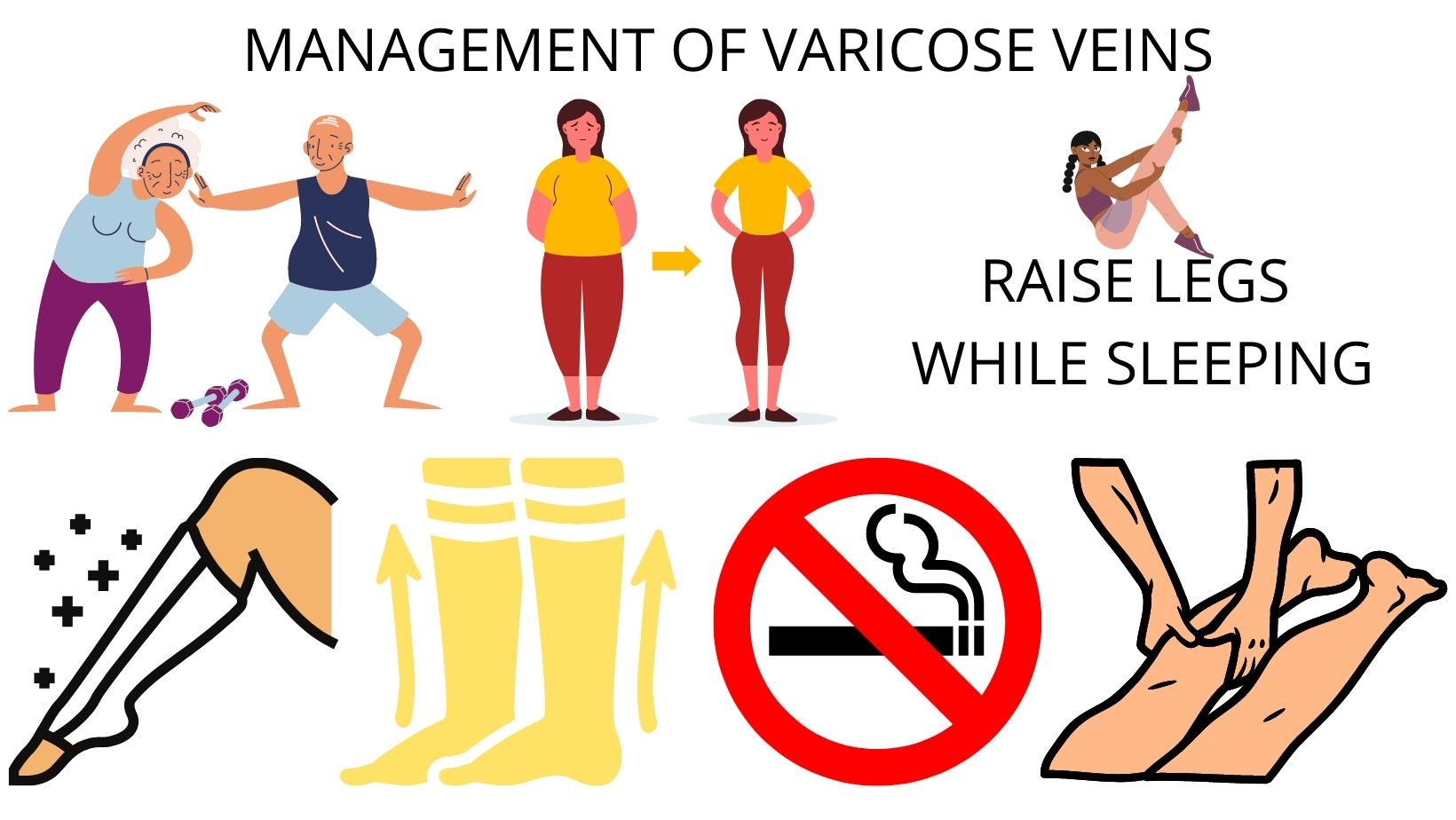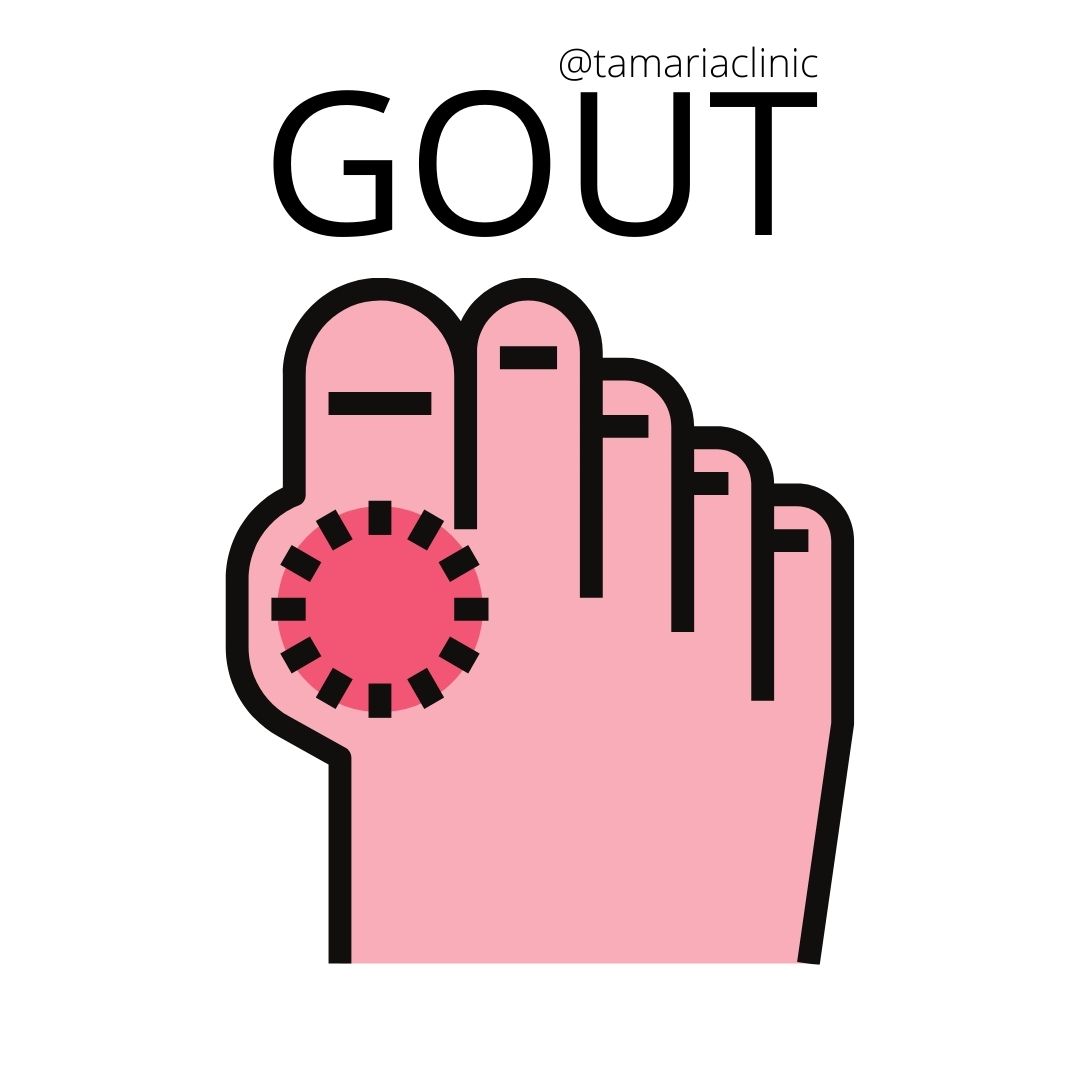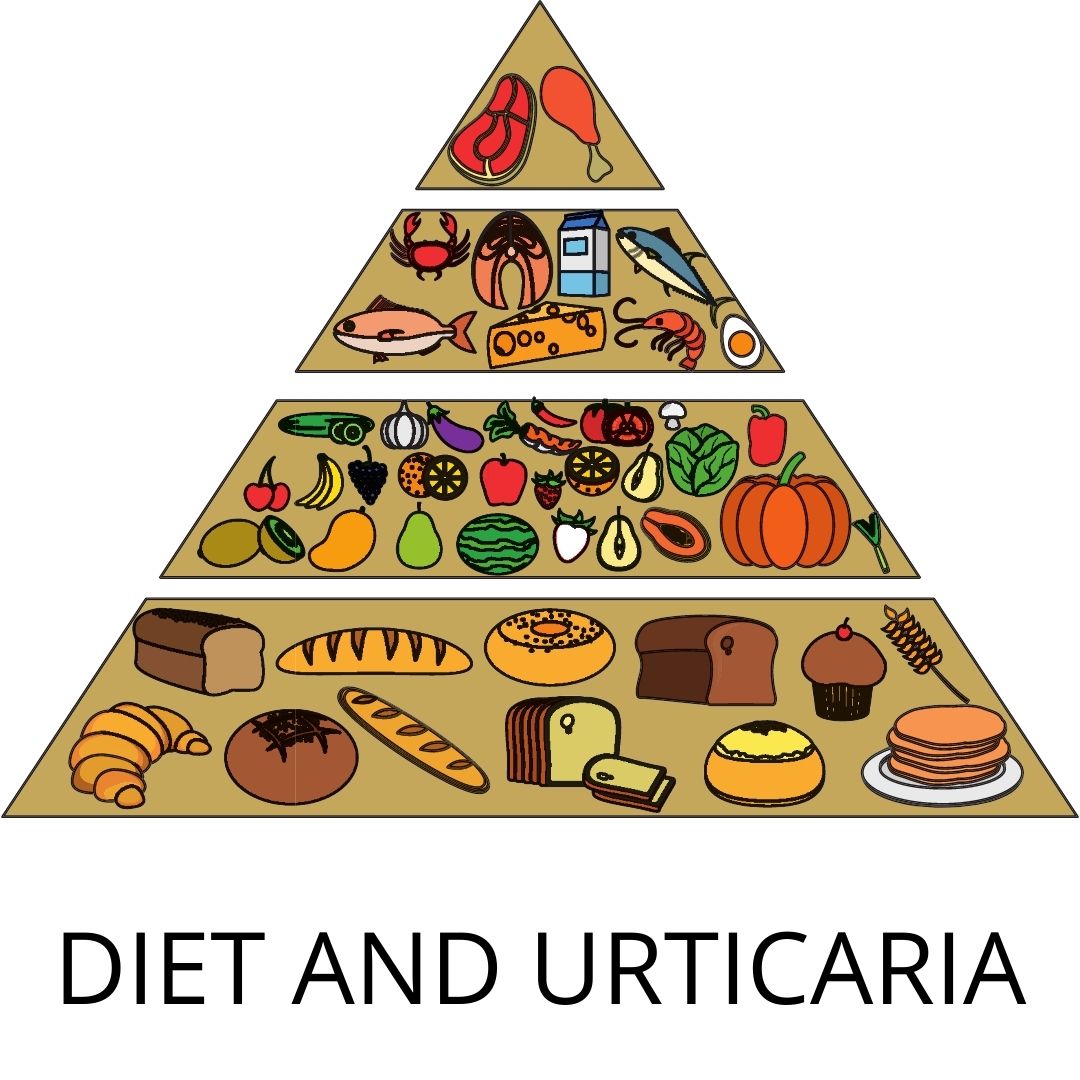THE DEFINITIVE GUIDE FOR THE TREATMENT OF VARICOSE VEINS
WHAT ARE VARICOSE VEINS?
Varicose veins occur when veins especially of your lower limbs become enlarged, overfilled with blood. When this happens, veins appear swollen, lumpy, or distended, often blue or purple. Many times, they are painful too.
WHAT ARE THE RISK FACTORS FOR VARICOSE VEINS?
Your risk of developing varicose veins is more if you are:
- Women: It is more common in women than men.
- Menopause: Change of female hormones tends to relax vein walls.
- Over the age of 50: The risk of varicose veins increases with age.
- Family history of varicose veins
- Pregnant: Pregnant women are more susceptible to varicose veins.
- Obesity: being overweight adds extra pressure on your veins.
- Standing for long periods of time
WHAT ARE THE COMPLICATIONS OF VARICOSE VEINS?
Varicose veins, if left untreated, can sometimes cause inflammation of veins, formation of painful ulcers, blood clots, or can even burst and hence leading to bleeding.
WHAT ARE THE SYMPTOMS OF VARICOSE VEINS?
Symptoms may include:
- Pain in legs, legs feel heavy
- Swollen ankles
- Spider veins
- Venous eczema: skin over the area become dry and itchy
- Frequent leg cramps
- Some people develop restless leg syndrome
WHAT ARE THE CAUSES OF VARICOSE VEINS?
It occurs when valves present in veins become faulty and do not work properly. It causes blood to flow in the wrong direction or get pooled because of gravity.
DIAGNOSIS OF VARICOSE VEINS
A visual or physical examination by a doctor is required to diagnose a case of varicose veins.
A Doppler or duplex ultrasound scan may also be advised in some cases to visualize the structure of veins.
TREATMENT OF VARICOSE VEINS
Conventional treatment is mainly aimed at surgery or ligation of veins. But there can be some bleeding and bruising after the operation.
MANAGEMENT OF VARICOSE VEINS
Some measures you can take to prevent varicose veins include: Exercising, watching your weight, changing your position often, avoiding high heels, wearing compression stockings to improve circulation.
HOMEOPATHIC MANAGEMENT OF VARICOSE VEINS
Homeopathic management aims at managing as well as curing varicose veins. Many homeopathic medicines apart from constitutional medicines like carbo veg, lachesis, veratrum, stramonium, symphytum, vipera, crotalus hor, can be employed. It will not only cure your present condition but also end the tendency of its recurrence.
DO’S AND DON’TS
DO’S
- Exercising,
- losing weight,
- raising legs while sleeping,
- wearing compression stockings
DON’TS
- Avoiding prolonged sitting or standing,
- do not sit with legs crossed




Comments
We have received your comment , Thank You !